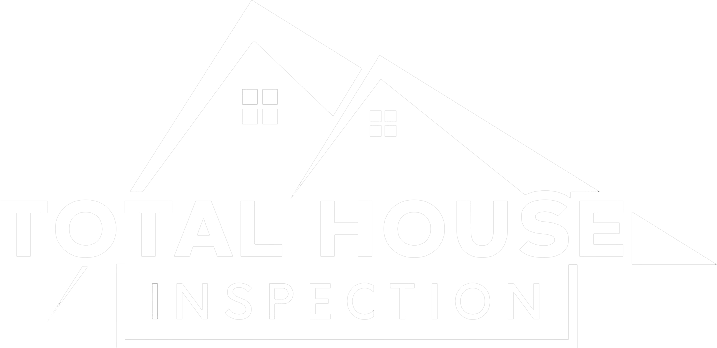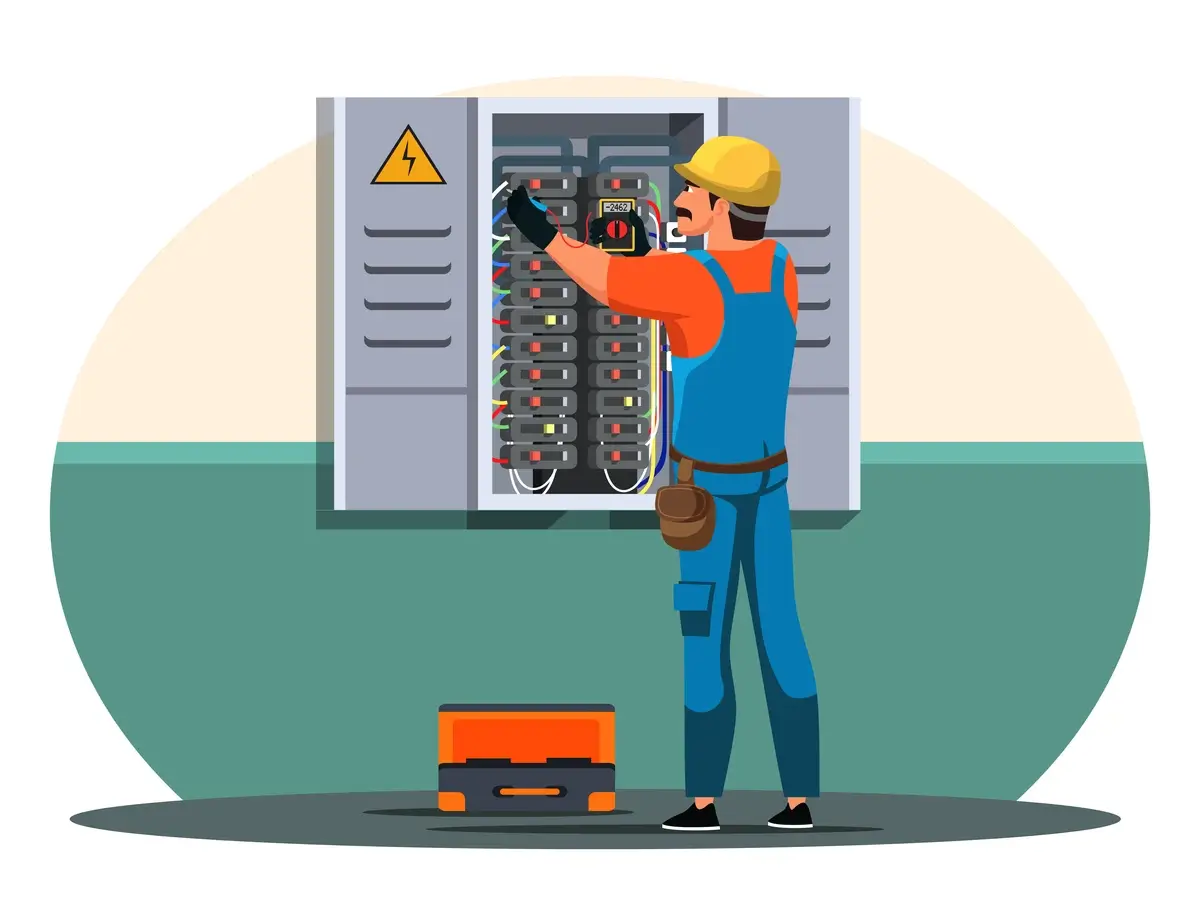Hiring the best home inspectors in Michigan and scheduling a home inspection is one of the most critical steps many homeowners and homebuyers take. This helps them to ensure their property’s actual condition and avoid any incoming costly surprises. Some cash buyers may skip this step to expedite the transaction or save money. For a quick cash purchase, skipping a house inspection could seem sensible, but serious risks and drawbacks exist. With recommendations from the top home inspectors in Michigan, we will explore the pros and cons of forgoing a home inspection in this blog.
Pros
Speeds up the buying process
Time is typical of the essence when making a home purchase. Buyers want to act swiftly to secure the property before someone else does. Occasionally, this rush might result in quick judgments that could have long-term consequences. This is where home inspection services in Rochester Hills, MI, may speed up the purchasing process without compromising due diligence.
An essential stage in the house-buying process is a home inspection, which can reveal any potential problems with the property. This covers all potential safety hazards and anything from structural to electrical and plumbing issues. As a result, before making a substantial financial commitment, buyers can feel secure knowing the home is in good shape by completing a thorough inspection.
A house inspection has many benefits, including speeding up the purchasing process. Buyers can move forward with the purchase more swiftly if there are no significant problems with the property. Instead of trying to fix problems after the sale, purchasers who discover problems during the inspection may choose to bargain for repairs or a reduced purchase price, which can be more effective. A house inspection can speed up the process, even though it may seem counterproductive to add another step to an already convoluted one.
Saves Money
Buying a house is a significant financial commitment, so you should be sure you get your money’s worth. Hiring a Michigan home inspection company to perform a comprehensive property assessment before you buy it is one approach to safeguard your investment. Any problems with the property that might not be readily evident to the untrained eye can be found during a home inspection. For instance, a home inspector might find problems with the plumbing, electrical system, or foundation that could later require expensive repairs. Early detection of these problems allows buyers to bargain with the seller to have them fixed before closing, or they might ask the sellers to lower the buying price. If the issues are too severe, homebuyers might decide to walk away from a property completely.
More time for due diligence
Buyers who hire a qualified home inspector can learn important details about the property’s condition that may not be immediately apparent. Inspectors can spot problems with the foundation, plumbing, roof, electrical system, and other essential house parts. With this insight, it is possible to bargain for concessions on the purchase price or repairs or to walk away from a subpar property.
A house inspection can give buyers extra time to consider their buying decision while revealing potential problems. Buyers can better know the property’s condition and decide whether to proceed with the purchase by completing a comprehensive inspection.
Overall, conducting a home inspection provides buyers additional time to perform their due diligence by giving them insightful information about the state of the property and assisting them in making an informed choice. Although a home inspection may be expensive up front, it can eventually give you peace of mind and safeguard your investment.
Cons
Risk of hidden issues
Although a home inspection is an important stage in home buying, it’s crucial to understand that some dangers are still involved. One of the most significant risks is the possibility of concealed problems that might not be found during the inspection.
Home inspectors are skilled experts who can spot various problems with a property. Yet it’s crucial to keep in mind that they’re not perfect. There could be hidden problems in the walls, floors, or other parts of the house that are not immediately apparent. These concealed problems might not always become evident until after purchasing a property.
Despite these risks, it’s still crucial to have a home inspected before making a purchase. A home inspection can spot various problems and offer insightful insights into the property’s condition. It’s crucial to understand that a home inspection does not ensure a house is without issues. Also, buyers should be prepared for any unforeseen problems after completing the transaction.
Limited understanding of repair costs
Although a home inspection is a crucial part of the home-buying process, it’s important to remember that it can only give a general idea of how much repairs will cost. Home inspectors can spot possible problems with the house, but they might not be able to calculate the exact cost of repairs.
This is due, in part, to the fact that repair costs can differ significantly based on many variables, including the extent of the issue, the location of the property, and the accessibility of materials and contractors. Also, as most house inspectors do not hold contractor licenses, they might not be prepared to give precise repair cost estimates.’
Buyers should still seek additional quotes from certified contractors before making a purchase decision, even though a home inspection report may provide them with a basic sense of the kinds of repairs you might need to make. They will be better able to assess the future expenses of repairs as a result, and they will be in a better position to decide whether to proceed with the purchase.
Risk of overpaying
The possibility of overpaying for the property is one of the possible drawbacks of a home inspection. An accurate property value may not always be provided by a house inspection, even though it can offer insightful information about the property’s condition.
A home inspection may occasionally reveal problems with the home that could lower its value. For instance, if the inspection discovers that the roof is in bad condition, this could reduce the property’s value. In other cases, though the inspection might not have turned up any serious problems, the property might still be overvalued due to variables like location, market demand, or other elements.
Completing your research and comprehending the local real estate industry is crucial to lowering the risk of overpaying. You can use this to decide whether there is an opportunity for negotiation and whether the asking price for the property is realistic. It could also be beneficial to consult with a real estate agent who can advise on price and negotiation strategies.









